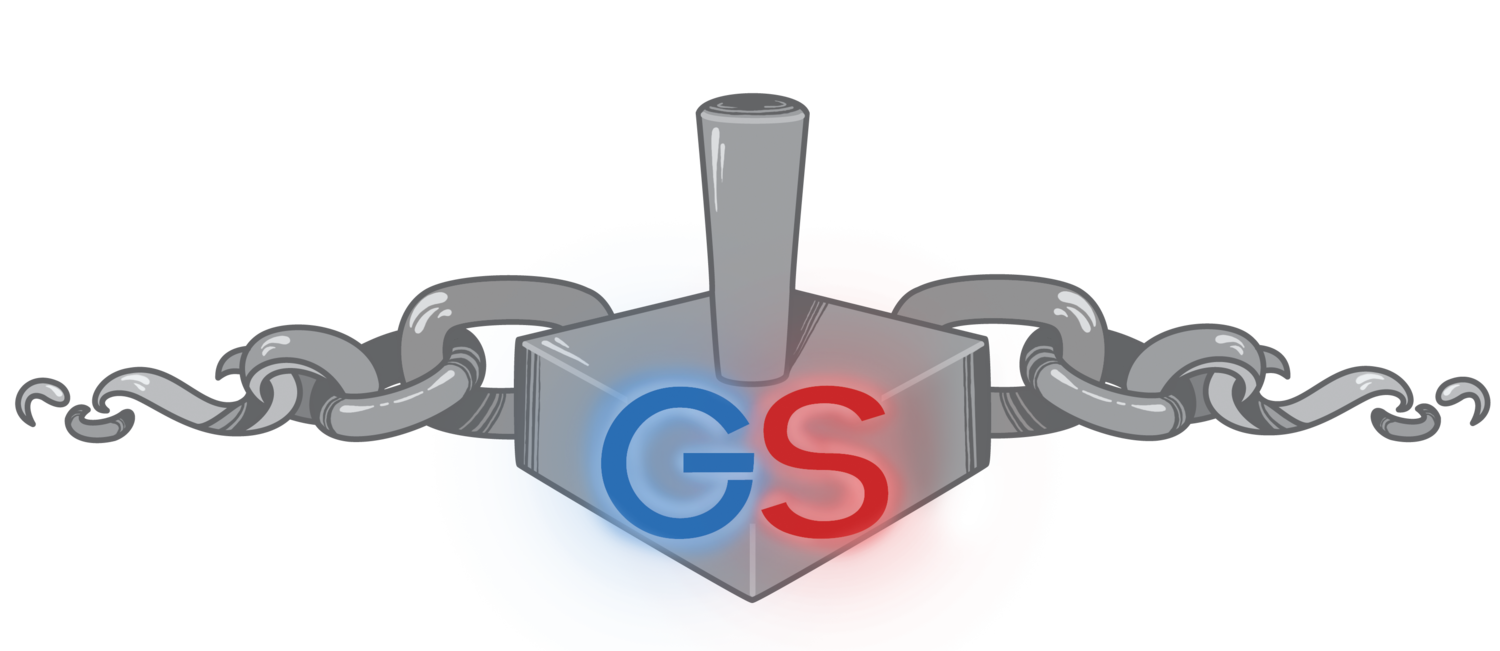This Weeks Geek - A Good Idea Too Soon
/ The idea, at its core is such a simple thing. You think of an awesome idea. It's something that will change how the item works forever. You spend a fortune getting it to work, implementing it and marketing it. Then it fails. Something was missing from the grand scheme of things that made your plan not work as well as you would have hoped. Then a few years later the same thing is released to a changed landscape and what once failed is a staggering success. This unfortunate cycle is what I want to focus on for This Week's Geek.
The idea, at its core is such a simple thing. You think of an awesome idea. It's something that will change how the item works forever. You spend a fortune getting it to work, implementing it and marketing it. Then it fails. Something was missing from the grand scheme of things that made your plan not work as well as you would have hoped. Then a few years later the same thing is released to a changed landscape and what once failed is a staggering success. This unfortunate cycle is what I want to focus on for This Week's Geek.
Since I don't know much about other industries where this sort of thing happens, I'll focus on the tech and gaming communities that this happens to. I'll starting with Sega. Sega released the Dreamcast in 1998 for Japan, then a year later in the States. This was one of the first consoles to support games over a network. You could connect a phone cable (or if you were lucky enough, an Ethernet cable) to it and play games like Phantasy Star Online, with the emphasis being online. The system also had a built in virtual memory unit (VMU) that could display stats or play its own mini games. A powerhouse at the time, it should have been a success. However, its biggest draw, the network connectivity, did not have the needed infrastructure to work well. Mix that with the PS2 coming out the following year being a cheap DVD player and playing all PSOne titles, and the Dreamcast was done for. A few years after the final nail was in the Dreamcast's coffin both the PS2 and Xbox were taking advantage of broadband speeds to connect their gamers together online.
Then there is tablets. A number of companies have tried to get into the tablet market. In the early 2000's Microsoft had tried to launch a line of tablets that used a modified version of Windows XP. Since so few people knew of this particular tablet, it tells you just how successful it was or wasn't. One of the many reason for this was that Windows XP Tablet OS made a very poor touch interface. Things changed though when smart phones created a decent touch OS. Steve Jobs then used iOS with his new tablet, the iPad. With its style and an OS that was finger friendly the iPad had what the original Windows tablets needed to take off.
Most recently we have seen OnLive with their financial issues. The idea of streaming games is a good idea, but we don't have the speeds at home necessary to get the best of it. I can still get better graphics by getting it via Steam and downloading it to my computer then I can via OnLive. Now in a couple of years things may change and faster speeds may be even more feasable, or the same technology will be used differently. But right now, it is hard for them.
So what systems have you seen fail that but all rights should have succeeded? Social networks or home entertainment devices? Or is there something that you want to bring out now that you think needs to wait a few more years?
